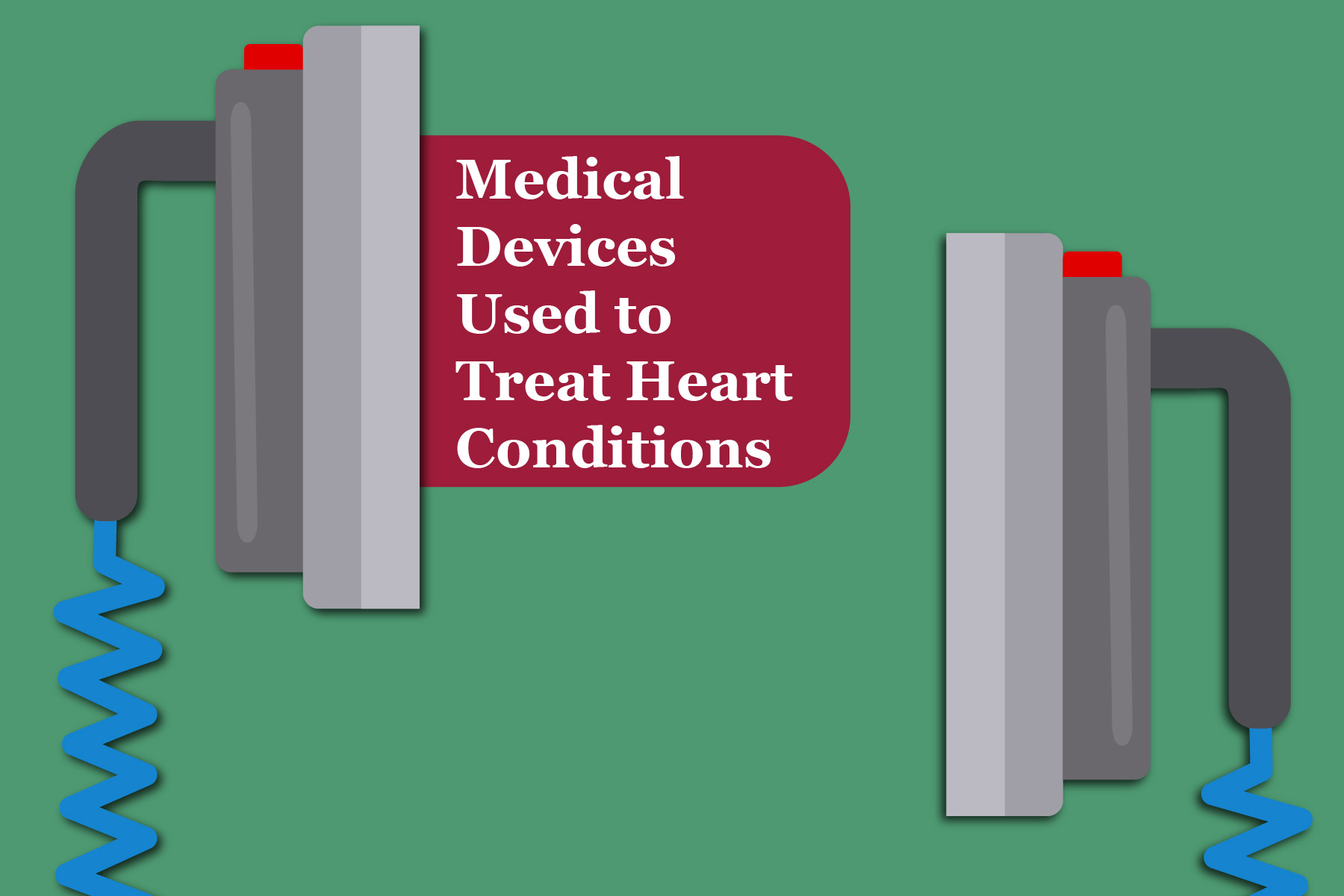EMMA International celebrates February in recognition of American Heart Association Month and we bring you an interesting blog on the 8 types of medical devices that perform heart-related element monitoring and essential actions in case of heart-related diseases.
The first device on the list is automated external defibrillators (AEDs). These are portable devices, and they are extremely vital in cases of cardiac arrest. The major functionalities of an AED include detecting and analyzing an electrocardiogram and delivering an electric shock to normalize the heartbeat rhythm. An example of AED is Philips Medical System’s HeartStart Home device. A similar type of device is the Implantable cardioverter defibrillators (ICDs). These devices are implanted in the patient’s body and their sole purpose is to deliver shocks if the patient’s heart rhythms are identified to be abnormal. I imagined, what if these AEDs and ICDs are integrated with the Internet of Things and Cloud? Wouldn’t such devices profoundly enhance Digital Healthcare services? That is when I discovered the FDA-approved Abbot’s Next-generation Gallant ICD which offers Bluetooth connectivity and continuous data monitoring.1
Medical devices that include long, flexible tubes that are inserted or threaded onto human heart tissues are the cardiac ablation catheters (CACs) and cardiovascular angioplasty devices (CADs). CACs modify small heart tissue sections that are detected to be the reason for irregular heartbeat rhythms. An example of CACs is the Abbot’s TactiCath AFib. CADs are utilized for clearing narrowed blood vessel sections or treat heart blockages. Stents are another type of medical device that are small metal tubes that are permanently implanted into the patient’s artery to supply drugs or to treat coronary artery diseases. 1 Another example from Abbot is the FDA-approved bioresorbable stent. The distinction from other stents is that the materials utilized for building this stent is completely absorbable by the patient’s body.2
Other types of heart-specific medical devices are cardiac pacemakers, prosthetic heart valves, and ventricular assist devices (VADs).1 Pacemakers are small implantable devices that are powered by a battery. Their functionalities include monitoring electrical impulses and providing electrical stimulation in case of abnormal heartbeats detection. Aesthetic or artificial valves function exactly like human heart valves and therefore they are utilized to replace a dysfunctional or a dead heart valve. They may be implanted using a mechanical valve which is built using man-made materials such as plastic or metals, or using cadavers derived from animals or human tissues. 1 VADs assist week human hearts in pumping the required blood flow. Examples of such FDA approved devices are Medtronic’s HeartWare HVAD System (VAD), ON-X Life Technologies ON-X prosthetic heart valve, and the world’s smallest pacemaker, Medtronic’s Micro AV device.
Being a software engineer in the medical device industry, I have realized one key fact, if medical devices provide life-saving services for patients, the risk associated with such devices is indeed high. In such cases, they need to be thoroughly validated. Validation implies documenting the design of the device, verifying the safety based on materials used, and based on the associated risk, performing clinical trials. The major intention behind these clinical trials is to identify any type of safety hazards using risk assessment strategies. Also, in cases where a software tool is utilized, manufacturers should validate the software as these IoT devices may be prone to unauthorized access, cybersecurity issues, and battery problems.
Truly, such medical device validation can get cumbersome without proper guidance or support, especially for devices that have the highest associated risk. At EMMA International, our in-house quality and software experts can guide you through an in-depth validation plus FDA compliance process. We also have ties with exceptional clinical laboratories where experienced clinicians have proven to provide objective evidence indicating the medical device is safe, qualified, and effective. To sum up, we will ensure that your medical device follows all the required FDA regulatory guidelines to get the device approved and released in the market. Do you have a medical device that is utilized for heart-related treatment and needs FDA approval? Contact us at 248-987-4497 or email us at info@emmainternational.com for more information.
1FDA (November 2019). FDA-Approved Devices That Help Keep the Heart Beating. Retrieved on February 12th, 2021 from https://www.fda.gov/consumers/consumer-updates/fda-approved-devices-help-keep-heart-beating.
2Chris Newmarker (February 2020). 8 Types of FDA-Approved Devices that treat the heart. Retrieved on February 12th, 2021 from https://www.medicaldesignandoutsourcing.com/8-types-of-fda-approved-devices-that-treat-the-heart/.





